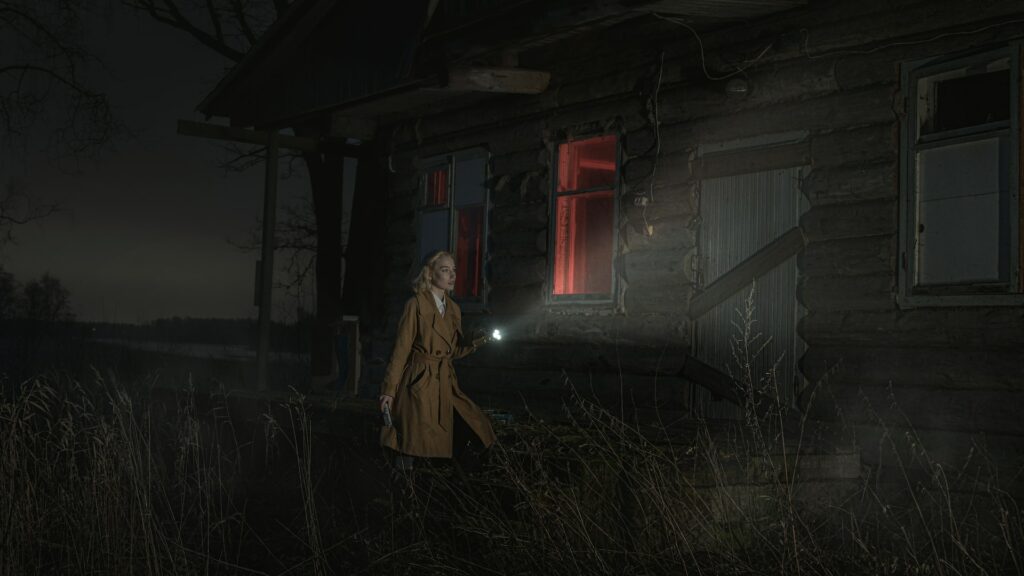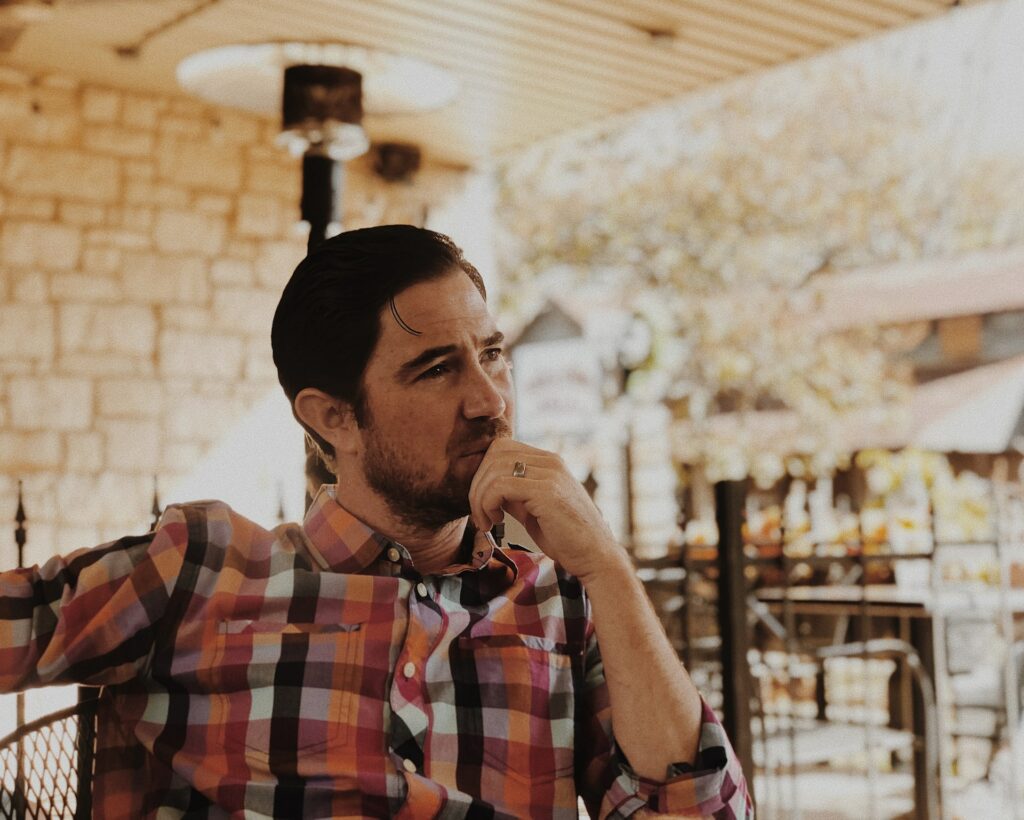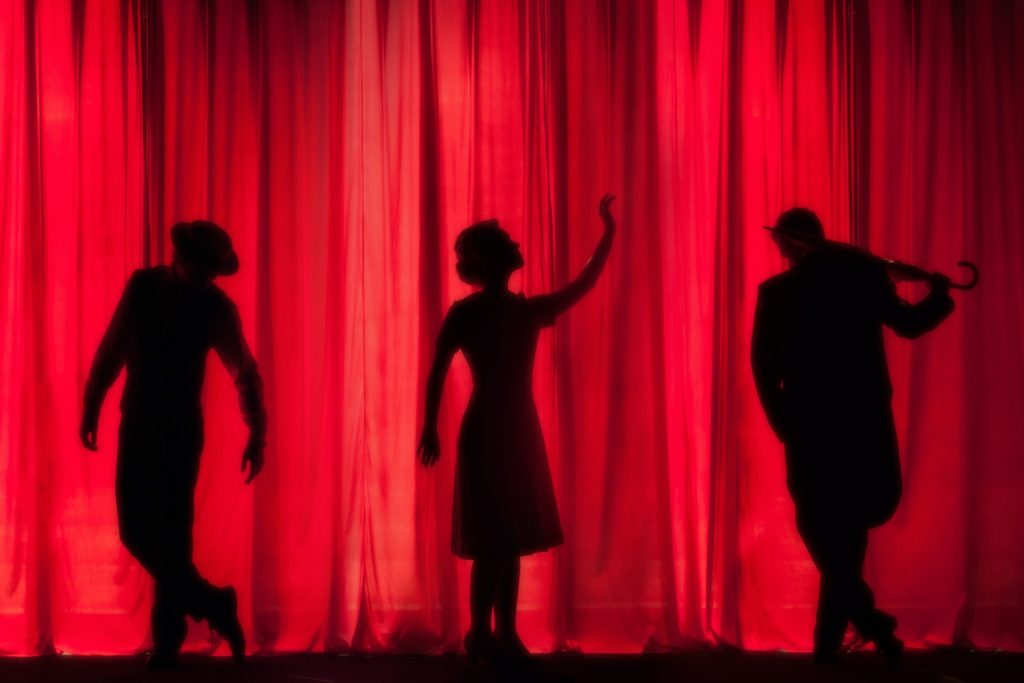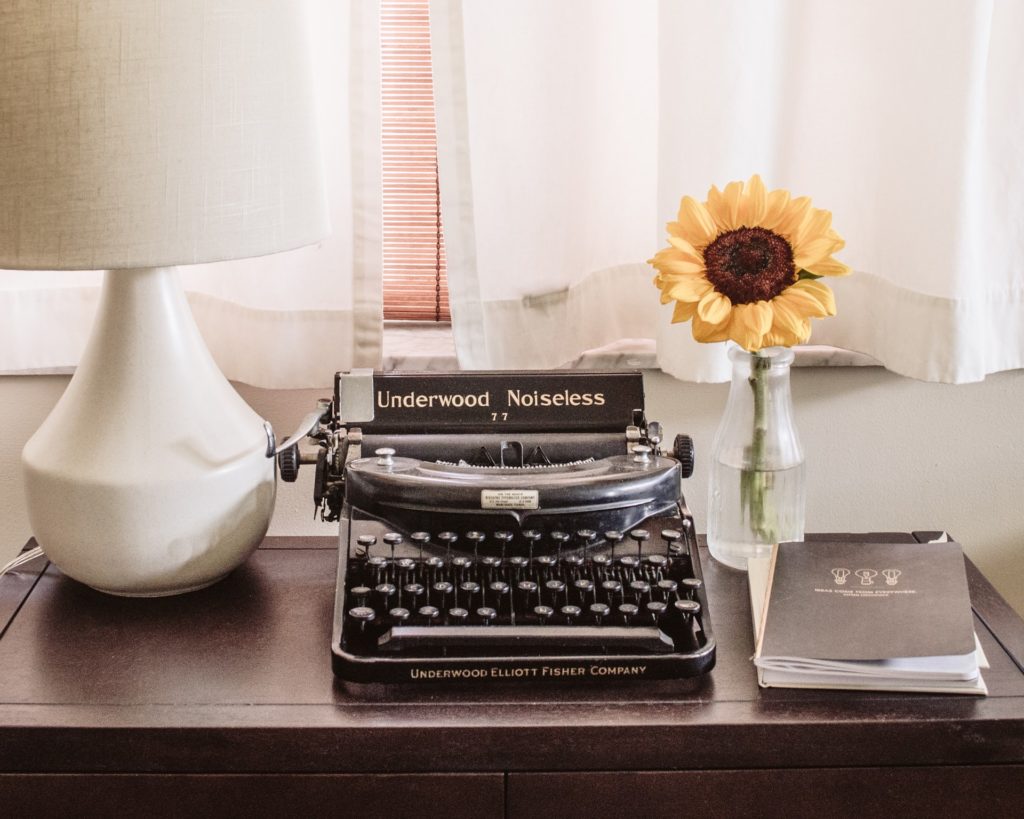Are You Writing a Book or a Movie?

Writing a book requires a different approach than writing a movie. Each medium has different strengths, particularly with viewpoint. In his book on screenwriting, George Lucas briefly discusses the difference in approach between writing a movie or a book. Since this question lies at the heart of so many problems that I see with new […]
Opening Your Story with Conflict to Hook Readers

Open your story with conflict to hook readers and keep them reading. Every story should get to a significant conflict quickly. Conflict should be on the first (or second) page. There are many ways to hook a reader who opens your book–a great cover, a catchy title, luscious descriptions on the back cover, an endearing […]
Writing with Emotional and Intellectual Payoff

Writing with emotional and intellectual payoff not only draws in readers, but keeps them turning page after page. There are several types of emotional payoffs, as well as intellectual payoff, that are very effective when used appropriately. Writing with Nostalgia Some stories gain power by tapping into the emotions that we felt at a particular […]
Considering Your Setting

Real vs. Fictitious Settings In mainstream literature, we typically deal with settings that either already exist or which have existed historically. Thus, when you write about the city of Chicago, it behooves you to do your research. If you say that there is a great sandwich shop on the corner of 25th and Regal, there […]
Writing Powerful Scenes, Part 7: Say Something!

Strong stories are built through meaningful scenes. Write stories that have meaning by tapping into subtext or theme, or by adding your own insight. Very often as a reader, I’ll come across a story that is well written in many regards: The characters have strong voices. The setting is energetically created. The action progresses in […]
Writing Powerful Scenes, Part 6: Novelty

Have you ever read a novel where the entire book lacked a single element that was original? Sure you have, lots of times. Whenever you begin to read in an established genre, you find that many novels are written as an homage to a well-known book. Thus, after Treasure Island was written as a serialized […]
Writing Powerful Scenes, Part 2: Beginning with Character

Historically, a “scene” was a set on a play. It consisted of the setting in which a dramatic exchange took place. It’s not a coincidence that “scene” and “seen” sound exactly alike. But as novelists, we don’t necessarily have the same kinds of “scenes” that occur in a play. A scene could, for example, consist […]
Writing Powerful Scenes, Part 1

How To Write Powerful Scenes A story is made up of both large components, such as try/fail cycles and denouements, and small components, such as scenes and sentences. In order for your story to be strong, you need to write strong scenes. I’m in the process of taking a screenplay from outline to first draft, […]
How to Write and Raise the Stakes More Effectively

Writers are repeatedly advised to “raise the stakes.” Stakes are often defined as what the character has to lose. But when you understand—more accurately—the relationship between plot and stakes, you can create them more easily. And when you understand—more accurately—how they actually work, you can raise them by using the methods in this article. How […]
Finding Your Talent

Every writer has his or her own talents and strengths. Don’t give up on your writing. Very often as a writer, I will find myself reading a tale by another author and saying, “My, I wish that I had her talent.” I’m sure that most of you feel the same at times. I know that […]
